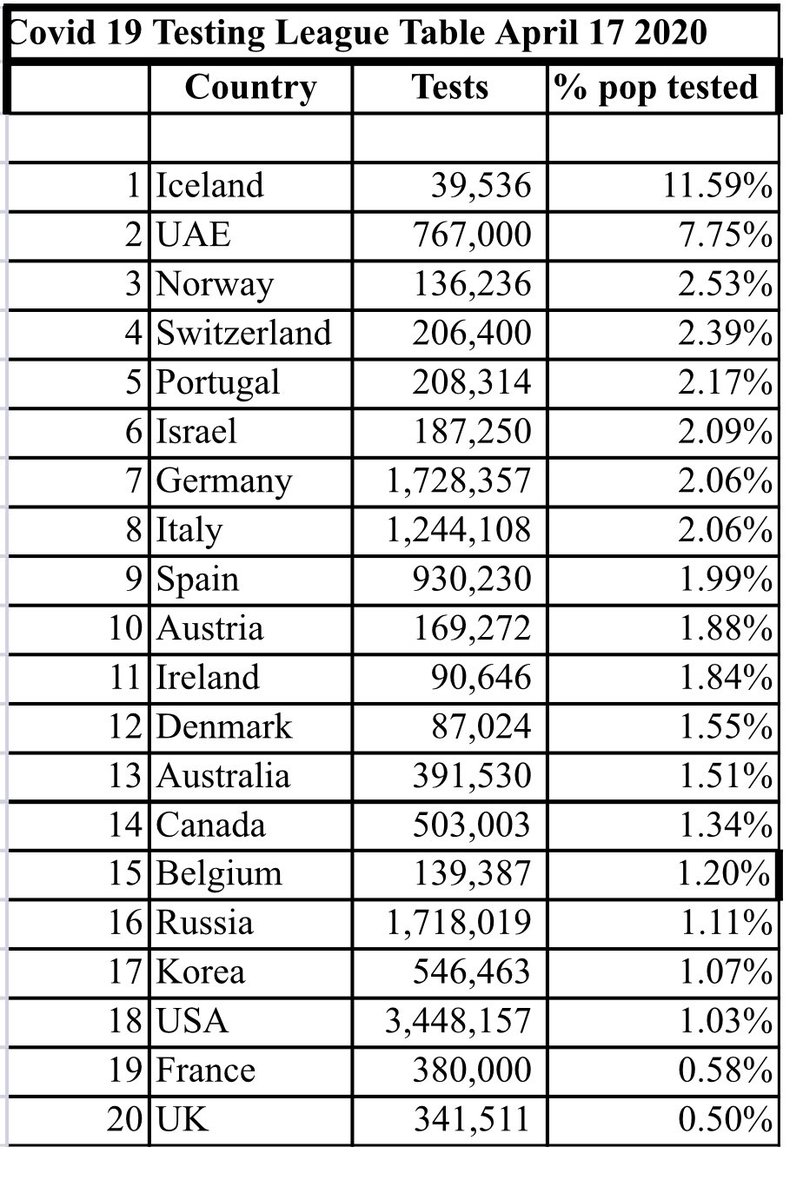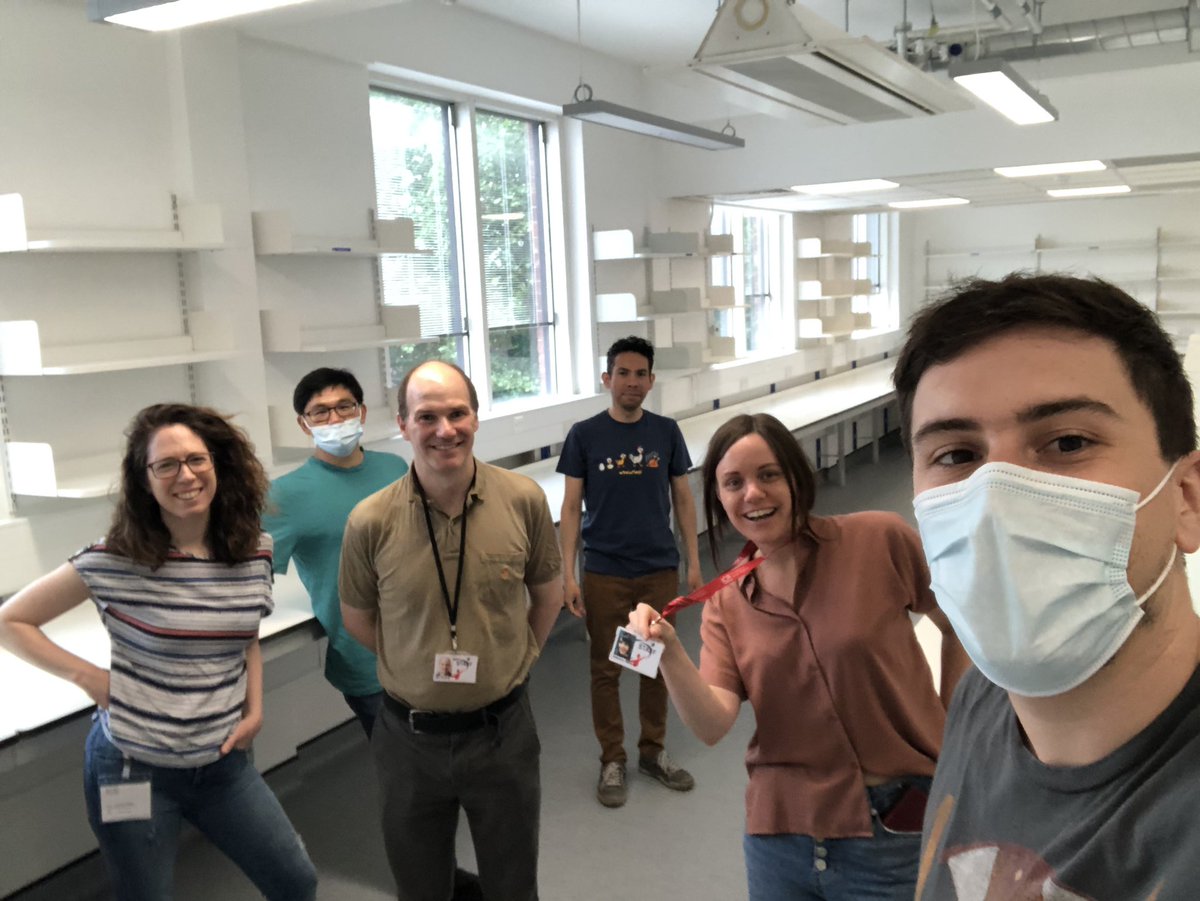
Jessica Nelson
@jessnesta
Postdoctoral Researcher at @icr_london, working on #cancer, #organoids, #CancerStemCells, #MolecularBiology, #ubiquitin in the @Behrens_Lab
ID: 118956012
02-03-2010 06:28:06
39 Tweet
112 Followers
138 Following



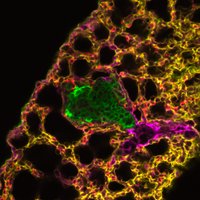
Our latest paper is out in Nature Communications!! TRIP12-mediated #ubiquitin branching is required for proteasomal degradation of the tumour suppressor FBW7. Congratulations Omar Khan for your great work! with Jorge Almagro Jessica Nelson et al. #OpenAccess nature.com/articles/s4146…


🏆 We're thrilled to announce #PhD student Jorge Almagro is the winner of the 2021 Mel Greaves Science Writing Prize for his engaging and insightful blog on the science of #Organoids! Congratulations Jorge 🎉 Read more: icr.ac.uk/blogs/tales-fr… #SciComm #PhDLife #PhDPosition
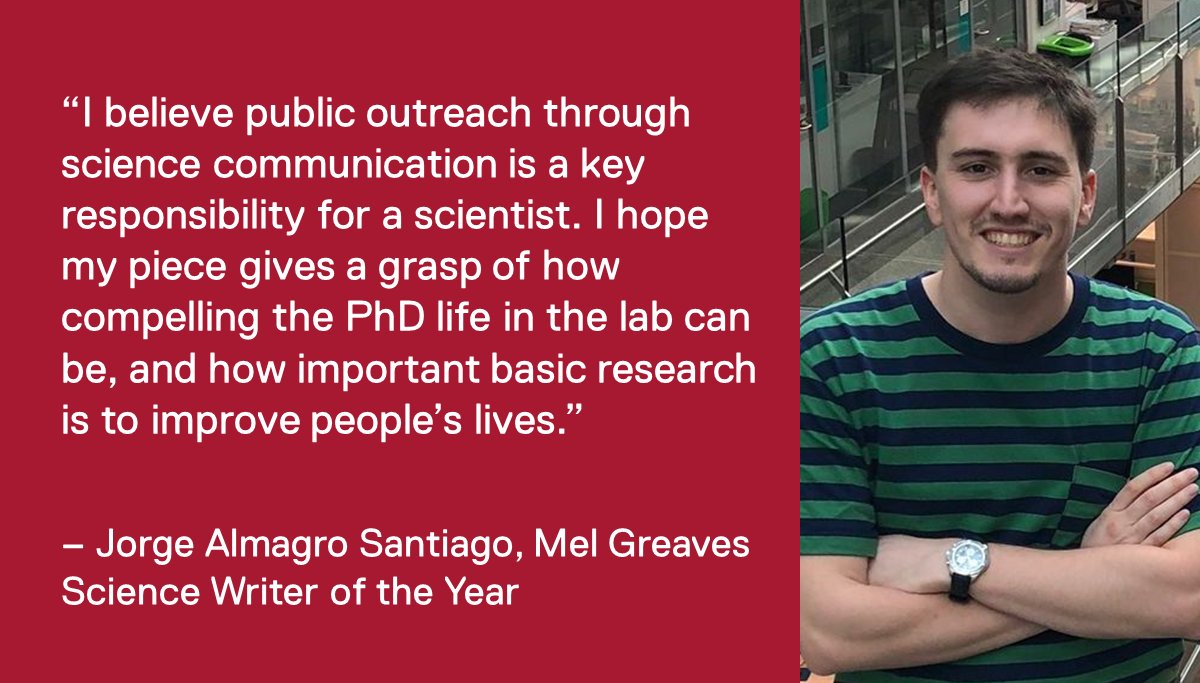

Today is #WomenScienceDay! Meet the women doing ground-breaking research in our lab The ICR to defeat cancer. From left to right, Dr May Zaw Thin, Dr. Rongjie Cheng, PhD student Li Tran, Dr Jessica Nelson, Dr Karin Hansson & Dr Gabriela Koifman 🔬 👩🏻🔬
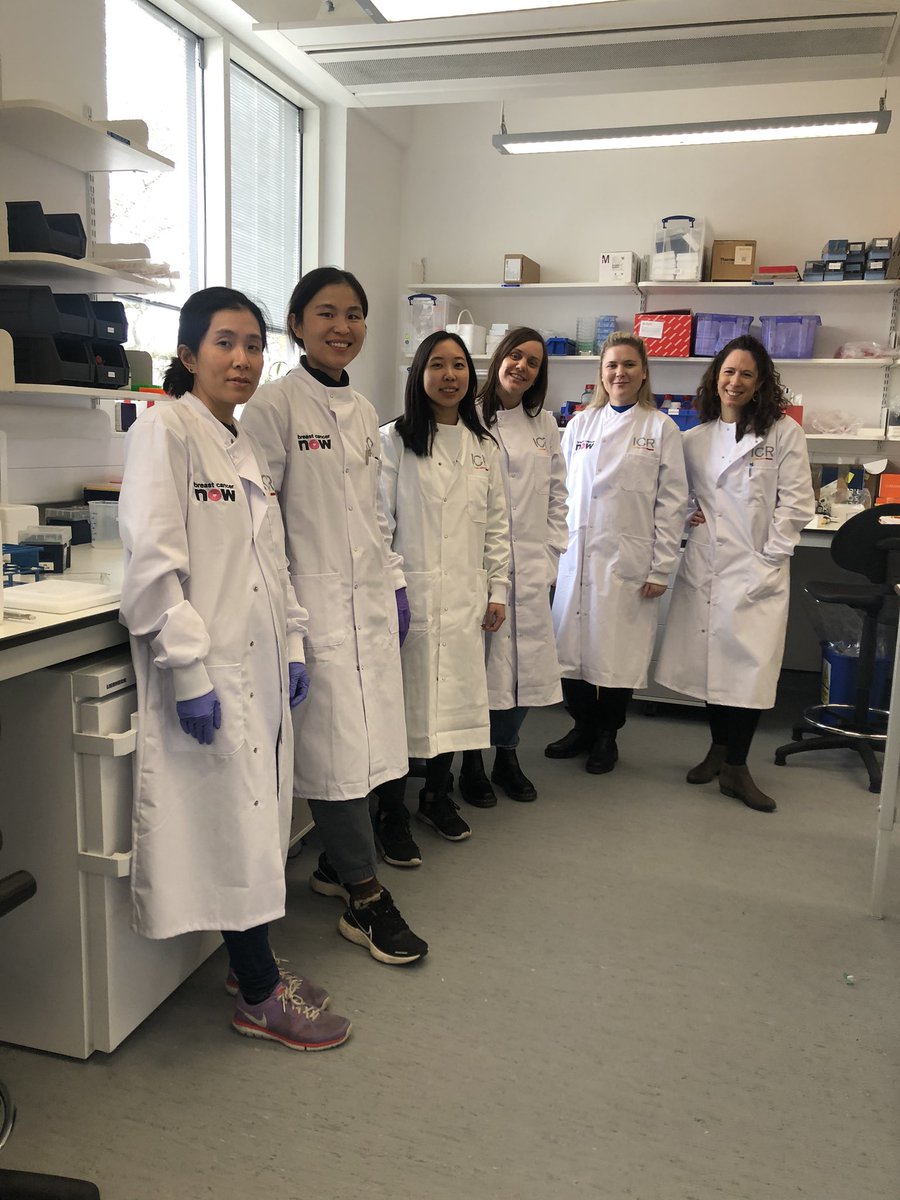


Our masterpiece is finally out in Nature Communications!!! Great work, done by a great team @TheoEvan1 Mary Wu Behrens lab The Francis Crick Institute The ICR
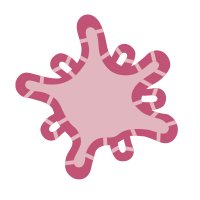
A team at the Behrens lab used activity based-proteomics, patient-derived organoid models, and murine genetic models to find that USP25 promotes pathological HIF-1-driven metabolic reprogramming and is a potential therapeutic target in #PancreaticCancer. go.nature.com/3L5MaaS


In case you missed it! Using murine models and human organoids we discovered a USP25/HIF-1-driven metabolic rewiring in #PancreaticCancer that can be pharmacologically targeted. Read our latest work by Jessica Nelson and colleagues The Francis Crick Institute and The ICR. nature.com/articles/s4146…
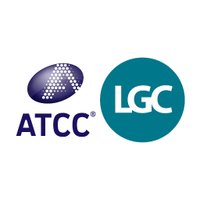
Congratulations to Jessica Nelson and Behrens lab on publishing their paper! 👏 The team used patient-derived #Organoids to identify deubiquitinating enzymes with potential as therapeutic targets for treating pancreatic #Cancer.
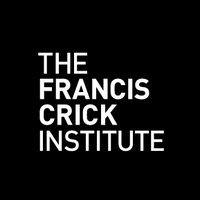
Through collaborations at the Crick, Jessica Nelson Behrens lab identified a unique metabolic vulnerability (USP25) in pancreatic cancer, making it a potential target for therapeutics Nature Communications Check out the paper here ⬇️ ow.ly/WPnJ50IS4qG
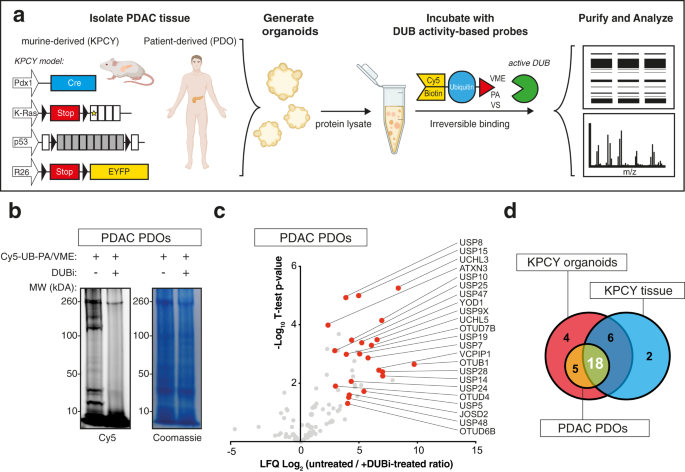

"If we can create drugs to stop USP25 from carrying out its recycling function, we may be able to suffocate #Cancer cells by starving them of oxygen and energy." - the ICR/Imperial College London's Professor Axel Behrens (Behrens lab). Read more in The i Paper. inews.co.uk/news/science/p…



Just out in nature! Mesenchymal #PancreaticCancer cells secrete GREM1, preventing further epithelial-to-mesenchymal transition and preserving tumour heterogeneity. Congratulations to postdoc Linxiang Lan et al for the great work! The ICR The Francis Crick Institute nature.com/articles/s4158…

Read our latest review just out in Oncogene Journal! Former students @theoevan1 and @vwang93 discuss everything you need to know about PDAC heterogeneity nature.com/articles/s4138…
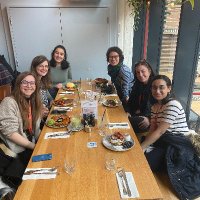
🎉😊Our latest paper linking USP7 to NGN3 regulation and pancreatic endocrine development is out in Nature Communications!!!! Massive congrats to all authors👏👏👏 Rocio Sancho Lab Behrens lab @TheaManea Jessica Nelson Cristina Garrone CGTRM Medical Research Council @JDRFUK nature.com/articles/s4146…

Check out our latest paper linking USP7 to NGN3 regulation and pancreatic endocrine developmin Nature Communications!!!! Massive congrats to all authors👏👏👏 Rocio Sancho Lab Behrens lab @TheaManea Jessica Nelson Cristina Garrone CGTRM Medical Research Council @JDRFUK nature.com/articles/s4146…


